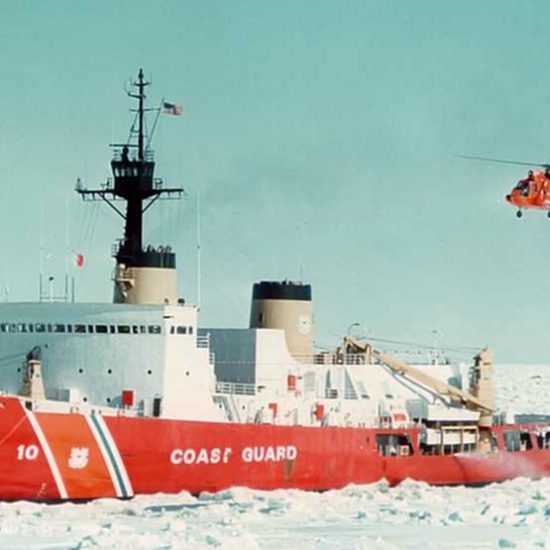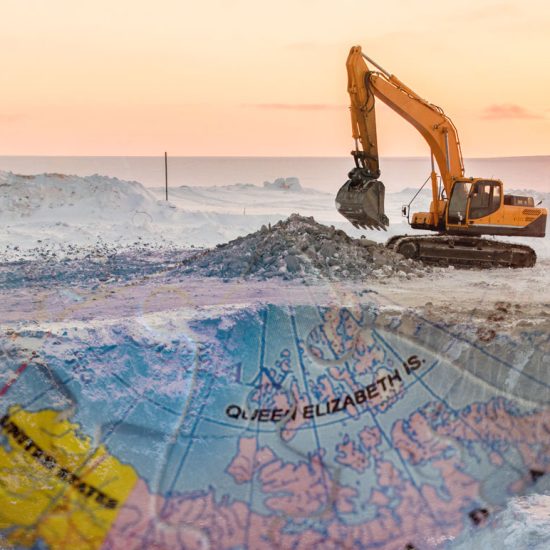The democrat dominated Anchorage Assembly earlier this year passed a ban on plastic bags in local stores. Rationale for the ban was trash in the ocean and we must do our part to clean it up, though nobody was able to state how much of that trash came from the 300,000 residents of Anchorage. The ban went into effect mid-September and has been such a mess that the Assembly is already working on its second tweak of the new law.
Fortunately (or unfortunately based on which side of the argument you are on), new research has identified the source of much of the trash tossed into the oceans. And that source is not Anchorage or even Alaskan residents. It is not plastic soda straws from California. Rather, that source is ChiCom merchant ships, which appear to be responsible for up to 75% of all plastic junk, primarily empty plastic drink bottles tossed into the oceans.
The study published Sept. 30, was based on three trips to Inaccessible Island in the South Atlantic. Inaccessible Island is an extinct volcano sitting on the Mid-Atlantic Ridge in the middle of the South Atlantic, midway between South America and South Africa. The closest inhabited island is a full 1,500 miles away. It was chosen due to its high macrodebris load (around 5 kg per square meter).
The scientific team visited the island 3 times reviewing trash that ended up on the beaches of the island. The first trip in 1984 found two thirds of the debris from South America. By 2009, Asia was the leading source of debris, mostly plastic water bottles. The most recent sampling in 2018 found Asian plastic bottles with 73% of the accumulated bottles and 83% of new bottles, with most of them being Chinese in origin. Plastic drink bottles are showing the fastest growth rate of around 15%/year, double that of the rest of plastic trash. These results question the current notion that the majority of plastic trash in the oceans somehow ends up there via dumping into rivers.
Today, Asian merchant ships, primarily Chinese are responsible for most of the plastic trash in the oceans, making this yet another international treaty the ChiComs are ignoring. Unlike the arm-waving green virtue signaling the Anchorage Assembly based their ban upon, this conclusion is based on actual science with data gathered over 35 years. Note that none of the linked stories referenced plastic shopping bags from Alaska.
Tell me again why communities across Alaska are falling all over themselves to ban plastic shopping bags?
Alex Gimarc lives in Anchorage since retiring from the military in 1997. His interests include science and technology, environment, energy, economics, military affairs, fishing and disabilities policies. His weekly column “Interesting Items” is a summary of news stories with substantive Alaska-themed topics. He was a small business owner and Information Technology professional.












